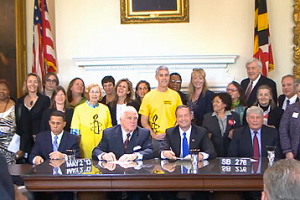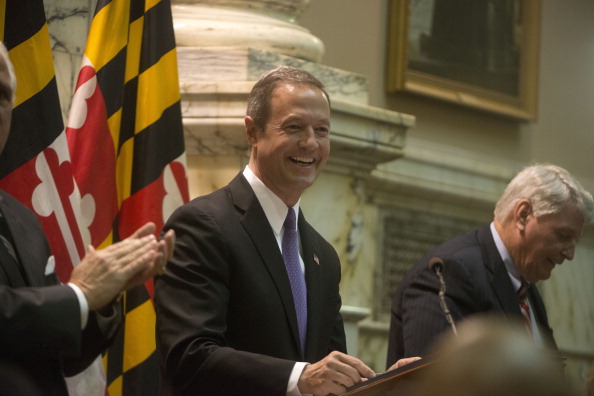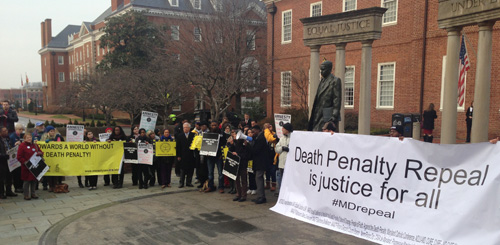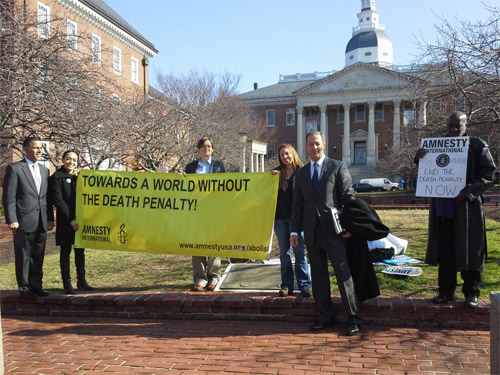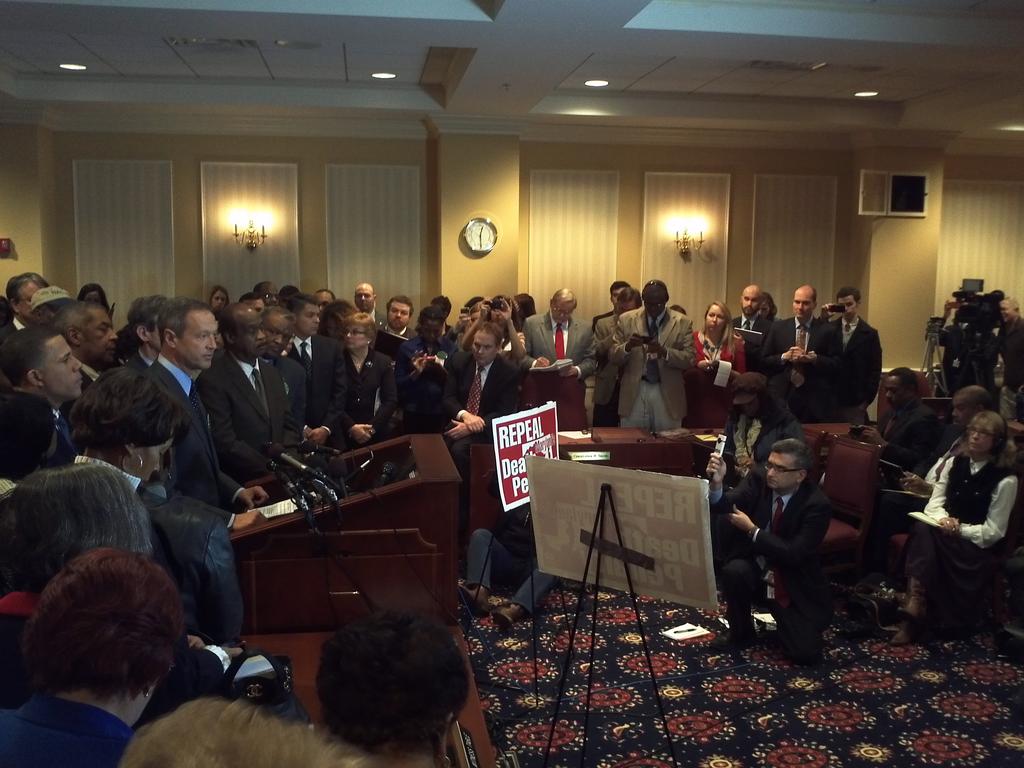
Despite the recent filibuster in Nebraska, support for death penalty abolition is once again on the rise (Photo Credit: Allen Hailey).
LB 543, Nebraska’s death penalty repeal bill, was successfully filibustered this week by a minority of the state’s senators. During the course of two days of debate and occasional voting, it became clear that the votes to pass the bill might have been there, but the two-thirds majority needed to break a filibuster was not.
Nebraska’s death penalty, like capital punishment elsewhere, suffers from arbitrariness, unfairness, and general uselessness, facts that are dawning on a lot of legislators in a lot of states. The defense of the death penalty in the Nebraska debate was not passionate, and relied on the citing of discredited deterrence studies and a vague sense the executions somehow equal justice.
Nebraska’s embarrassing attempts to acquire lethal injection drugs may have been partially responsible for the sheepishness with which the pro-death penalty arguments seemed to be infused. But more likely it’s just that the days of cheering for executions and celebrating the death penalty are over.
